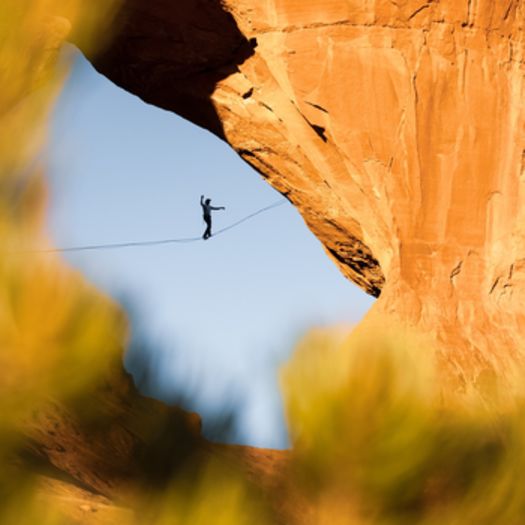Planning for an RVing camping trip can be a lot of fun. Just think of all of the places you will go with your RV in tow. National parks, rugged coastlines, metropolitan cities, and prime secluded areas are all within reach by going RVing. But before you head out, there are a few things to consider when planning your RV getaway.
Type of Getaway
Whether you are planning a week-long road trip or just a weekend getaway, you’ll find that narrowing down the type of getaway you want to take will make it easier to plan. Do you want to surf the coast, visit national parks, fish, hunt, ski, explore city life, enjoy the quietness of a secluded site or simply stay put and enjoy resort-like amenities at the campground? Knowing this will help you determine the type of campsite you need to look for.
Campsite
First and foremost, knowing the size of your RV as well as the combined length of your truck and trailer length if you're towing, is very important when choosing your site. And sometimes it's not just the site that won't accommodate your rig, but the narrow road with tight turns that it might take to get to that site. You’ll find that most national parks sites can only accommodate smaller RVs so it's important to know this information when booking and make sure you read the description of the site very carefully.
Most traditional campgrounds will have a map available. If not, you can look up reviews on Campendium and Rvparky and read tips from other RVers where they typically will mention the type and length of their rigs they camped in and if there were any restrictions.
When visiting US National Forests or BLM Lands, there is usually a contact listed for a ranger station or district office that you can call and get more information if you can't find any online.
Whenever possible, try to scout out an area first before pulling into forested roads in case there’s no turnaround point for your RV, especially if you've got a lengthy one.
Electric/Water/Sewer Services
Knowing whether or not the site has any power, water, or sewer hookups can help you plan whether or not you need to bring a generator (and gas), fill up your tanks with water ahead of time, and locate the nearest dump station. Again, websites like Campendium and Rvparky are great tools for also locating potable water and dump sources. If no services are offered and you have quite a journey to get to your campsite, instead of filling your tanks and towing with all that weight, find a place near your site that offers potable water so that you can fill up nearby before getting to your site. Most national parks and US Forestry campgrounds don't offer such amenities so be sure to plan accordingly and stop to fill up on water en route to your site.
Reservations
Summer is typically peak season for RV travel and many campgrounds fill up quickly long before summer approaches so plan accordingly. If you can't get a reservation in a national park, don't worry, there are many private campgrounds outside of the park that you can try. Some may be able to accommodate you for 2 or 3 nights in a row if you're lucky, if not, you’ll have to be flexible and move to different campgrounds each night if necessary. You’ll find this is the case in highly visited parks like Yellowstone National Park. Another option is to find a boondocking site in a nearby National Forest that borders most, if not all, National Parks. Boondocking is typically free, is on a first-come-first-served basis, and offers no power, water, or sewer hook-ups. So again, plan accordingly, especially for water if you plan to go this route.
Surrounding Area
As with any travel, it is good practice to familiarize yourself with the surrounding area you choose to getaway to. Is there a gas station nearby? What about groceries, cell service, a hospital, or an auto shop in case you have a breakdown? Getting an idea of how far these services are from where you camp is something good to know.
Activities
Plan to get out and explore your new backyard. Yes, it’s great to sit back and relax at the campground sometimes, but take advantage of what’s out your front door. If you're out RVing, chances are you are in a new state or a new town. Go exploring. Whether it be recreational, such as hiking a new trail, fishing a new river, skiing a new terrain, or simply strolling the town and trying a new place to eat, get out there and take in the new sights. There’s so much to see and experience. One beneficial thing that comes with RVing is movement. Because it will likely take you places that you will want to explore. And in turn, it will keep your body moving. And that is a good thing because it will keep you active. And as we age, movement is the best thing we can do for our bodies.
Happy camping!
























